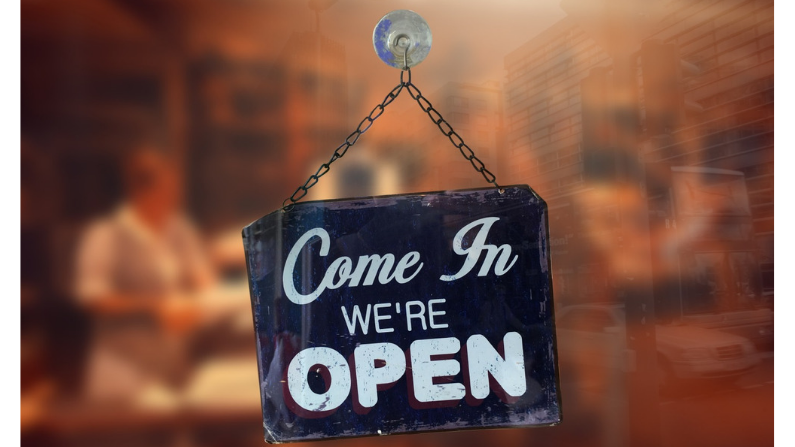Shop local and support small businesses. We hear the cries frequently and are likely to support them… in theory. It’s just that clicking a mouse is so much quicker, and those big box stores offer bells and whistles aplenty. After all, who doesn’t like to stay in your pajamas and have a fresh cup of coffee while shopping?
When we do not shop local our dollars leave our hometowns, and while we might feel a twinge of guilt, does it really matter that much?
In a word, yes. Emphatically yes. Shopping local is one of the most important things you can do to support your community. And since you live in your community, you’re really helping yourself, your friends, family and neighbors when you do.
Laurie Shelton, president and CEO of the Chamber & Visitors Bureau in Huron, SD, says locally owned businesses are the backbones of our communities. “When profits stay local, it increases the community’s wealth, tax revenue and standard of living,” Shelton says. “By shopping local we are helping to ensure that we have police and fire departments, parks and well maintained streets.”
This trickles down to more diversity and selection at home, as well as helping attract visitors and new businesses to an area. Research has shown that communities with more independent businesses constantly boast higher incomes, more jobs and less poverty.
According to some reports, if every family in the U.S. shifted just $10 per month they spend from national chain businesses to local businesses, that would mean $9.3 billion for local economies. Richer local economies translate into everything from better schools to more support for first responders. Local businesses donate more than twice as much per sales dollar to local nonprofits, events and teams compared to big businesses, Shelton says.
There’s also the environment to consider, and study after study supports the fact that shopping local is the greenest way to shop. Not only does it cut down on pollution from transportation and manufacturing, but the more small businesses in a community, the less urban sprawl and the more likely people are to walk and take public transportation.
But… you may be thinking, that X at the big box store is cheaper, and we’re on a budget. While we’re certainly conditioned to hunt down the best bargain, the bigger cost must be factored in as well.
“Our small business owners contribute more to our community than the big box stores, and money spent locally really makes a difference in our community, not just based on sales tax, but we are supporting our neighbors, family or friends,” Shelton says.
Bank on it
It’s not just where you purchase your goods that matters, either. Local businesses that provide services, such as banking, are vital to a community. While a large, national bank may offer flashy TV ads and an array of services, there’s nothing like knowing you can you walk into your bank, where the employees know you and great you by name.
Shelton says she’s seen the difference firsthand.
“I really like to be able to go into my local bank and be able to talk to someone I know,” she says. “I had a house loan that was not serviced locally and when I had a problem, it took forever to get an actual person to talk to so that I could get it corrected. Local banks are more invested in their community.”
American Bank & Trust is invested in living up to that reputation. In fact, they have a Customer Service Constitution that promises employees will greet customers by name, promptly return phone calls and emails and thank you for your business. While they offer an array of online services and features that can compete with any national bank chain, it’s these kinds of little things that add up to big satisfaction when you bank locally.
Beyond stellar service, a local bank is also often more willing to offer flexibility when it comes to granting loans and the rates of those loans. Because you both have a vested interested in building your local economy, local banks are often more willing to find common ground when it comes to things like business loans.
So, no matter what type of business you’re doing, make sure you consider the local opportunities before spending your hard-earned dollars. Sometimes, it may make sense to go with a national name, but when you can keep your dollars local, it will pay off for everyone. And you can always get back into your pajamas later.

